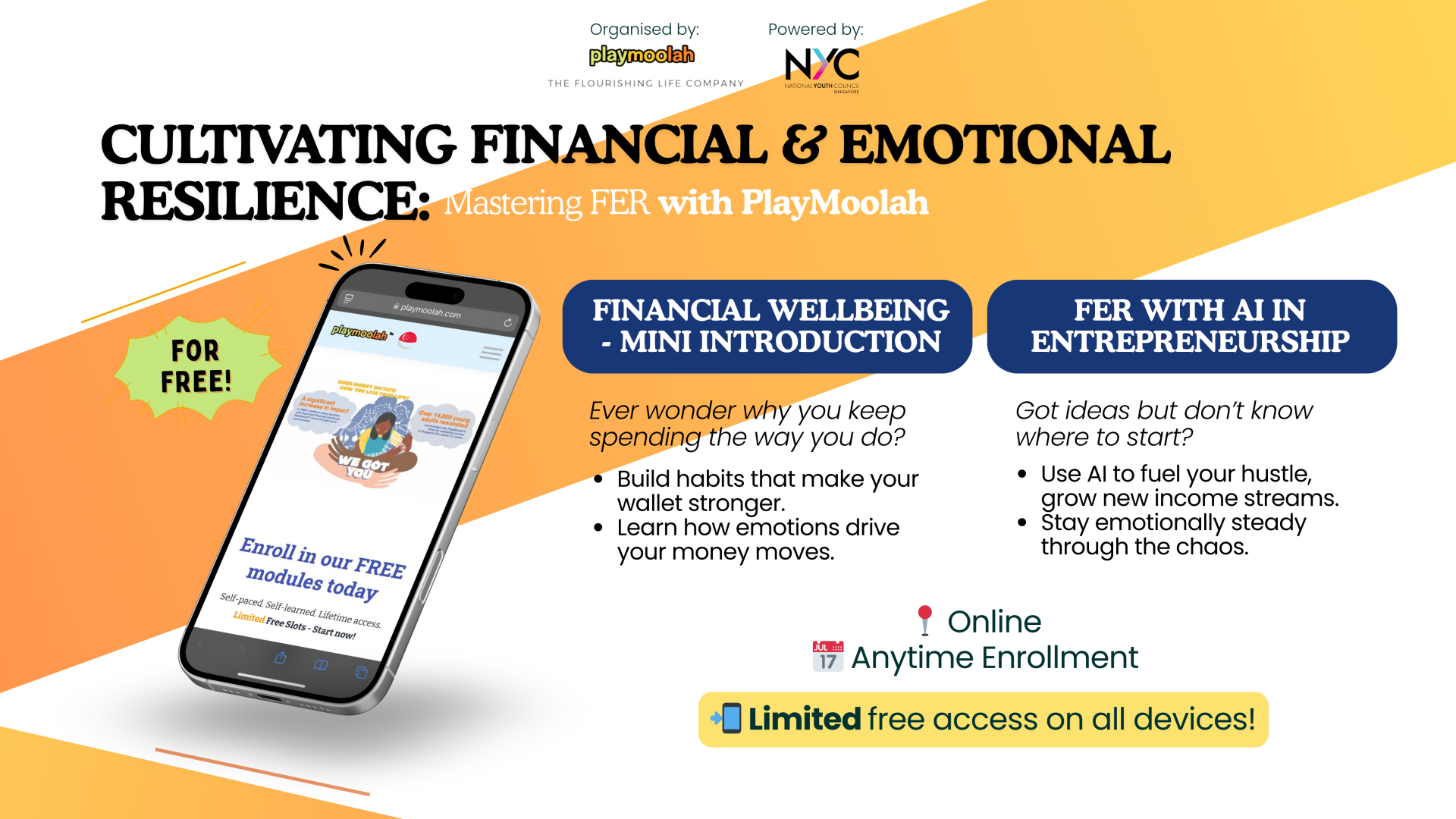While having lunch at Tanjong Pagar, surrounded by offices of architects and solicitors, a friend made this observation: "Look at all these cars, these Mercedes and Lexus just sitting there in the sun. These people work so hard, spend so much just to buy these cars, but they spend hardly any time in them. It doesn't make sense!"
That got me thinking. When we are young we have abundant health and time but usually a scarcity of money. So we sell our time to our employers in exchange for money.
As we get older, we have abundant health and money, relative to our younger selves anyway, but experience a scarcity of time. So we use the money we have to buy ourselves some time in the form of technology and outsourcing. An example is how many families hire domestic helpers because that's a greater time saving method.
When we finally no longer have to work for money, we find ourselves having abundant money and time, but because we've traded away our health, we now experience a scarcity of it, and spend most of our money and time trying to buy our health back.
We spend a lot of time worrying if we have enough money. Actually, there are only 3 possible outcomes at the end of our lives:
-
1. Our money runs out before our time does.
-
2. Our money runs out just as our time does.
-
3. Our time runs out before our money does.
Empty space, drag to resize
Scenario #2 is extremely difficult to reach, unless you can tell exactly when your time runs out. That leaves us with either having not enough or having more than enough. The purpose of financial planning is to avoid having not enough, hence if you've planned your finances properly, you will most likely end up having more than enough.
However, coming to Honesty Circles has taught me something important: That worrying about whether we have enough money, and whether we actually have enough money are two different things.
Financial planning can help you find out whether you will actually have enough money. PlayMoolah has a number of financial advisers who work with the community who can help you answer that question. Just ask Karen or Audrey about it.
But having the answer to that question, even if the answer is 'yes', doesn't always remove the worry. And this worry has a real impact on our lives. It steals away our health by stressing us all the time, and it steals away our time because we spend all our time worrying.
I've found that the way to address worries about money is to adopt an attitude of gratitude and an abundance of confidence.
Gratitude attitude first makes us aware of what we have. Abundance confidence then remedies our worry of scarcity.
If you lack the discipline to practice gratitude daily, join a gratitude group. We have one among our community in HC. Just pluck up your courage and ask Karen about it.
Being grateful for what we have opens our eyes and minds to discovering what other forms of capital we have and becoming more aware of how to create these forms of capital.
If you had a way to quantify and chart your balances in all the 8 forms of capital, that would be the first step towards awareness. For those who don't know what the 8 forms are, they are: Cultural, Living, Intellectual, Material, Experiential, Financial, Social, and Spiritual.
If you can't remember what they are, just remember this mnemonic: Cat Lives In My Extra Furry Stinky Socks.
Once a week, I review my activities in line with these 8 forms of capital and see which ones I've grown. For example, I find I have an abundance in intellectual, experiential, social and spiritual capital.
While we can exchange these other forms of capital for more financial capital, my goal is instead to grow into a person abundant in all 8 forms.
If financial capital can be used in so many ways to change the world for the better, imagine what greatness can be achieved with a community of individuals abundant in 8 forms of capital!
